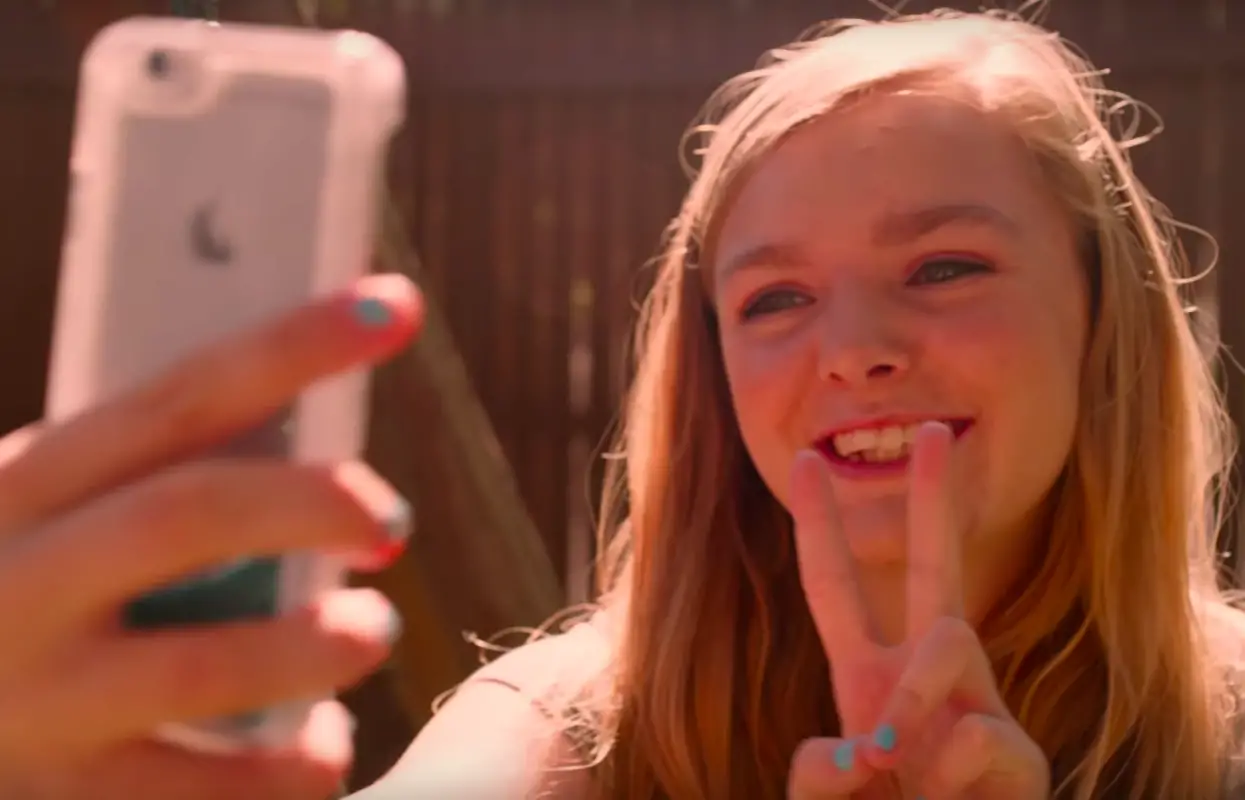I hate nostalgia. In concept, nostalgia is an exceptionally seductive artistic tool. When employed properly, it encourages viewers to project their own experiences onto the characters or narrative portrayed on screen.
It charms the audience, and while there’s nothing inherently wrong with a bit of harmless manipulation, nostalgia’s overtaken the film industry. From “Jurassic Park” reboots to “Star Wars” sequels, Hollywood seems intent on refurbishing every franchise from their audiences’ childhoods. Furthermore, it’s a trend that only seems to gain traction over time.
To clarify, I’m not stating that nostalgia necessarily determines the quality of a film, but it certainly doesn’t peak my interest — nevertheless, it seems as if I’m in the minority. As evidenced by the box-office takeaways from the aforementioned films and the heated passion of “Stranger Things” fandoms, older audiences seem entirely satisfied with revisiting their childhoods over-and-over again.
Now, you may be asking yourself, what about Gen Z? We’ve seen countless rehashes of 80’s teen comedies, but where is “The Breakfast Club” for our generation? Who will make the “Ferris Bueller’s Day Off” for the Snapchat kids? Luckily for you, Bo Burnham is on the case.
Time for another confession — I despise critical acclaim. As a natural pessimist and closeted contrarian, buzzwords like “best movie of the year” or “charming masterpiece” tend to make me queasy. If you’re a movie dork, you’ve likely encountered what I’ve dubbed “critic fever” dozens of times over, especially within the independent film scene.
Critics love indie movies since they typically operate as the antitheses of the films described above, and though I too prefer subtlety over unrestrained CGI destruction fests, I loathe pretentious hipster flicks just as much.
Taking all these factors into account, I expected little from “Eighth Grade.” I’m almost entirely unfamiliar with Bo Burnham’s comedy — the director made a name for himself creating YouTube videos in the mid-2000s — and the marketing seemed all too eager to chase the coattails of the hype left behind by “Lady Bird” last year.
“A trite coming-of-age dramedy focused on a quirky eighth grader?” I scoffed. “What could this film possibly offer that I haven’t seen 10,000 times before?” If only I’d known the surprise that awaited me.
“Eighth Grade” is not only one of the best films I’ve seen this year, but a film I’m unashamed to categorize as flawless. I’m not saying the movie will go down as an all-time classic, but in terms of quality, I’m hard pressed to find any creative decision that doesn’t work. It is, for all intents and purposes, a perfect movie.
The film focuses on Kayla Day — played by 15-year-old Elsie Fisher — a socially awkward middle schooler and aspiring YouTuber on the cusp of graduation as she prepares to enter high school in the fall while coming to terms with growing up and finding her place in the world.
“Eighth Grade” exceeds through its simplicity. The barebones plot provides an abundance of leeway to focus on character. As a protagonist, Kayla is arguably one of the most complicated I’ve seen in quite some time, though these intricacies don’t come from narrative trickery. Instead, Burnham dedicates his film to representing teenagers as they are —confused, impulsive and scared individuals in search of their identity.
As a portrait of modern-day youth, “Eighth Grade” has exceptional and even occasionally disturbing accuracy. Internet culture courses through the film’s veins, ranging from off-hand Vine quotes to Kayla’s semi-obsession with social media, and while the movie serves as a time capsule for today’s generation, the relatability factor reaches past simple recognition in favor of something far more substantial.
The movie forgoes any nostalgia. Burnham’s depiction of youth is not from a knowledgeable adult recollecting his past, but rather from an inexperienced youth looking toward her future. The audience views everything from Kayla’s point-of-view — a perspective bursting with a claustrophobic sense of uncertainty and confusion.

Combined with Anna Meredith’s off-kilter electronic score and imaginative camerawork, Burnham’s stylistic choices enhance Kayla’s characterization exponentially. The dialogue, which features both uninterrupted monologues and stutter-filled babble that come across as natural, is particularly effective. Every scene feels genuine, either promoting comedy or reinforcing tension — with the exception of “Hereditary,” the truth-or-dare scene between Kayla and an older high school boy is the most unsettling sequence I’ve seen in a film this year.
In terms of tone and pacing, “Eighth Grade” holds more in common with a documentary than a traditional coming-of-age film. Any comedic moments are true-to-life and the way Kayla’s character evolves over the course of the movie feels genuine (and not entirely dissimilar to my own life experiences). In fact, I saw so much of myself in Kayla’s character that it brought on a minor existential crisis.
Halfway through the film’s runtime, I promised myself that I would never have children and began mentally writing an apology letter to my parents. “These kids are our future?” I thought to myself, utterly horrified. “We’re all doomed.”
However, the film ends on a positive note, closing the loop of the overarching themes of time and adolescence. “You never knows what’s next,” Kayla says near the end of the film. “And that’s what makes things exciting, scary and fun.”
Then it dawned on me: I’m not the same person I was in middle school. Like Kayla, I’d trudged through my awkward stage and encountered my fair share of social adversity, but I’d made it and was all the better for it.
Everyone grows up, but the distinct advantage that kids hold over everyone else is time. Middle school is one of the final times in life you’re allowed to fail without consequence, and by the time Kayla realizes this at the film’s conclusion, I was nearly in tears.
“Eighth Grade” is not a film dedicated purely to the post-millennial generation. It’s a movie that anyone can relate to, whether you were born before or after the creation of the iPhone. It speaks to emotions as opposed to experiences — experiences that everyone’s dealt with over the course of their lives, whether in school hallways or boardroom meetings.
I honestly believe “Eighth Grade” will stand the test of time. It’s a beautiful movie that strives to be nothing more than a heartfelt ode to life, a reminder that maybe growing up wasn’t so bad after all and that the future is less frightening (and more hopeful) than you think.

















